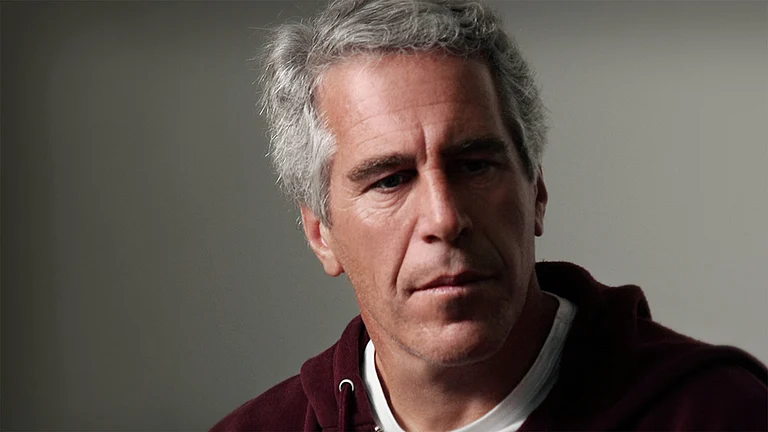THE death sentence may not have been entirely unexpected. But the harsh nature of the punishment— public execution by a firing squad—meted out to 15 former army officers charged with assassinating the father of the nation, Sheikh Mujibur Rahman, has stunned many. For, never in the history of Bangladesh has any civil court sentenced any one to death by firing squad.
Legal experts say although there isn't such a provision, Judge Kazi Golam Rasul may have handed out the order to underline the gravity of the crime, and also perhaps to ensure that it acts as a deterrent. The bloody overthrow of the Awami League government in August 1975, in which Bangabandhu, as he's affectionately called, and 15 members of his family were gunned down by renegade army officers, led to more than a dozen coups and countercoups for one-and-a-half decades until democracy was re-established in 1991.
Hours after the verdict, the opposition Bangladesh Nationalist Party called a 60-hour hartal to protest against the ruling party's "repression". And though the BNP claimed the strike was not linked to the verdict, it left no one in doubt that it was intended to "protect the self-confessed killers". Prime Minister Sheikh Hasina, daughter of the slain leader who along with her sister Sheikh Rehana survived the August 15 massacre as they were abroad, warned her party supporters to remain alert against any fresh conspiracy to subvert the implementation of the judgement.
Hasina has publicly accused the BNP chief and former prime minister Khaleda Zia of trying to "save the killers at any cost". The talk of fresh conspiracy surfaced following intelligence reports that certain quarters, "actively supported by two foreign countries", have prepared a hitlist to assassinate Sheikh Hasina and some key members of her cabinet.
Home Secretary Shafiur Rahman told the Janakantha that the government is taking every possible measure to protect the leaders. They are also trying to pin down the source of the taka-60 crore 'foreign money' that has reportedly filtered in to spread anarchy, the paper said.
Within hours of the historic judgement on November 8, the government stepped up efforts to trace 11 of the accused—only four are in custody—and sent out requests to Interpol, and to the US, Canada, Libya, Switzerland, Hong Kong and Germany where they are reportedly staying since arrest warrants were issued against them a couple of years ago to hand them over.
For the last two years the government has been trying to negotiate with the host governments for their extradition, but with little success as Dhaka doesn't have extradition treaties with most countries. "The judgement has made our task easier," says an official, buoyed by the success of bringing back one of the fugitives hours after the verdict.
He was referring to Major (retd) Bazlul Huda who was extradited with stunning speed from Bangkok by a special plane following prolonged but successful negotiations with the Thai authorities after the latter rejected his appeal for political asylum. Maj. Huda and Col Rashid fled the country soon after the Awami League came to power. While the whereabouts of Rashid is not known, Huda was biding time AFP in a Thai jail for shoplifting. Nine of the convicted army officers fled the diplomatic missions they were heading when the Awami League government recalled them to the headquarters in July 1996.
So, why did it take so long to prosecute the killers? And now that they are in custody, why is the BNP desperate to save the killers? The answers are steeped in history. Late president Gen. Zia-ur Rahman, founder of BNP which is now led by his wife Khaleda, emerged as the supreme leader after the coup against Mujib. He later indemnified the killings by an act of Parliament and rehabilitated the leaders by giving them plum jobs in diplomatic missions.
Then, Gen. H.M. Ershad, who seized power in a coup in 1982, enhanced the privileges of the coup leaders. He helped retired colonels Faruk Rahman and Khandkar Abdur Rashid, two key coup leaders, to float the Freedom Party. The BNP and Jatiya Party of Gen. Ershad alternately ruled Bangladesh for 21 years making it impossible to try the killers. It was not until the return of the Awami League to power in June 1996 that a formal murder charge could be registered.
It will, of course, take months, for the legal process to be completed as the accused will appeal to a higher court. The verdict may have obliterated a dark chapter, but it is early to say whether it can pave the way for peace.

























